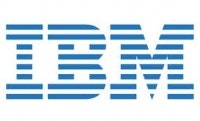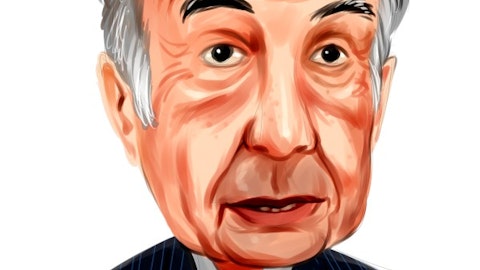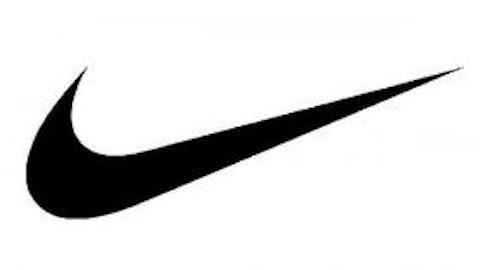As of Friday’s close, the Dow Jones Industrial Average (Dow Jones Indices:.DJI) made a big change, sending three of its components to the sidelines to make room for three new companies to join its ranks. For those companies, their change in status has huge implications for the way that ordinary investors perceive them and their relative importance within the U.S. economy.
But the Dow’s changes have broader implications not just for the companies directly affected but also for the entire average. Let’s take a look at three important characteristics of the new Dow that you ought to know.

1. The Dow’s no longer a one-trick pony.
Until the latest change, one stock dominated the Dow. International Business Machines Corp. (NYSE:IBM) had a share price fully 50% above that of the next highest stock, giving it disproportionate command of how the average moved. Overall, IBM made up 9.5% of the Dow — about triple what it would have in an equal-weighted portfolio of the 30 Dow stocks.
Bringing in new components, though, will help make IBM’s influence smaller. The exiting components will remove $44 from the Dow’s total per-share price, but the new components will add $438. That will cut IBM’s weight to less than 8% — and make it only the second-most influential stock in the average.
Within tech, IBM will still have huge influence, with well over double the weight of its three tech peers combined. But the presence of new high-priced components will reduce its overall weighting with the Dow and make IBM’s influence a bit less extreme.
2. Financial stocks will rule the Dow.
For ordinary investors who still resent the financial industry’s role in the financial crisis, the latest Dow moves will leave a sour taste in their mouth. The addition of Visa Inc (NYSE:V) and Goldman Sachs Group, Inc. (NYSE:GS) will make financial stocks the most important sector in the Dow, vaulting them past the industrials sector and giving financials almost a quarter of the total weight in the average.
But the new Dow will have much greater breadth of financial coverage. Both Visa and Goldman share attributes of existing Dow members, but each has areas of expertise that their peers lack. Visa won’t be the only card network in the Dow, but it’ll be the only one that doesn’t bear the credit risk of its customers. Goldman won’t be alone in its investment-banking business, but unlike its banking peer, it doesn’t have a retail business to consider. If anything, the move accurately reflects the importance of the financial sector to the overall economy — which, like it or not, we all realized quite well in 2008.





